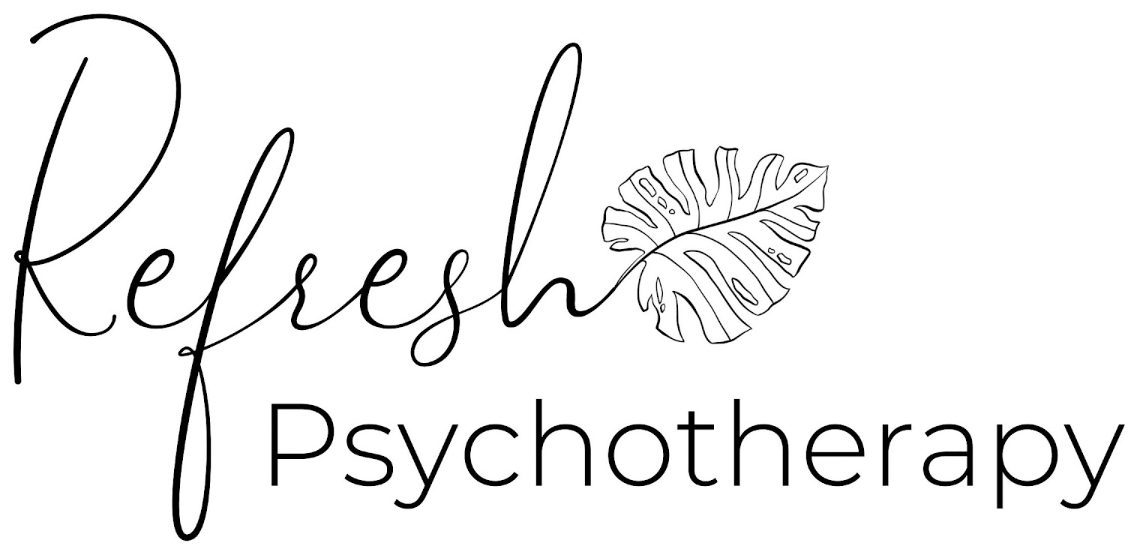
Learn How and When to Say ‘No’
As a therapist, I use the word ‘boundaries’ a lot. We set them, we hold them, we break them; this is the reality of having interpersonal relationships. Learning how to say ‘no’ is hard. Depending on your identity, you may have been taught to be service-oriented and agreeable. This means that saying ‘no’ is breaking the social code by which you live. Knowing your boundaries and being comfortable saying ‘no’ go hand-in-hand.
Enforcing your boundaries is a good way to avoid resentment. If we are always saying ‘yes’ to things that can stretch us thin, resentment builds towards the people who are asking us. In the short term it might feel easier to just agree and sacrifice your time for others, but as this continues frustration boils below the surface. This is an uncomfortable feeling that is easily avoided by making a choice that is healthy for you (which sometimes means saying ‘no’).
If the idea of saying ‘no’ feels overwhelming to you, there are ways of saying it in a gentler tone. If you can’t do something because you are already overwhelmed and don’t want to add more to your plate, it is ok to say that! You are in charge of your own schedule. Being truthful about the reasoning behind your choice takes the weight off of having to make up an excuse.
Start small. If you are a people-pleaser, putting your needs above others’ can feel insurmountable. The more you practice, the easier it gets. Start by declining a casual social invite that you aren’t interested in. As you do this and realize the benefits of choosing yourself, saying ‘no’ will become easier.
Saying ‘no’ points to your autonomy. You, as a person in this world, have a right to create a boundary and hold it. It should be mentioned that saying ‘no’ will not always go well, especially when you are expected to do as you are told. This can be intimidating, but enforcing your boundaries can be empowering. The consequences of confrontation have to be weighed against your recognition of your own power. Saying ‘no’ is an indicator to yourself and others that you are the driver of your life, and the maker of your decisions.
Written by Jessy Pucker, LMSW
